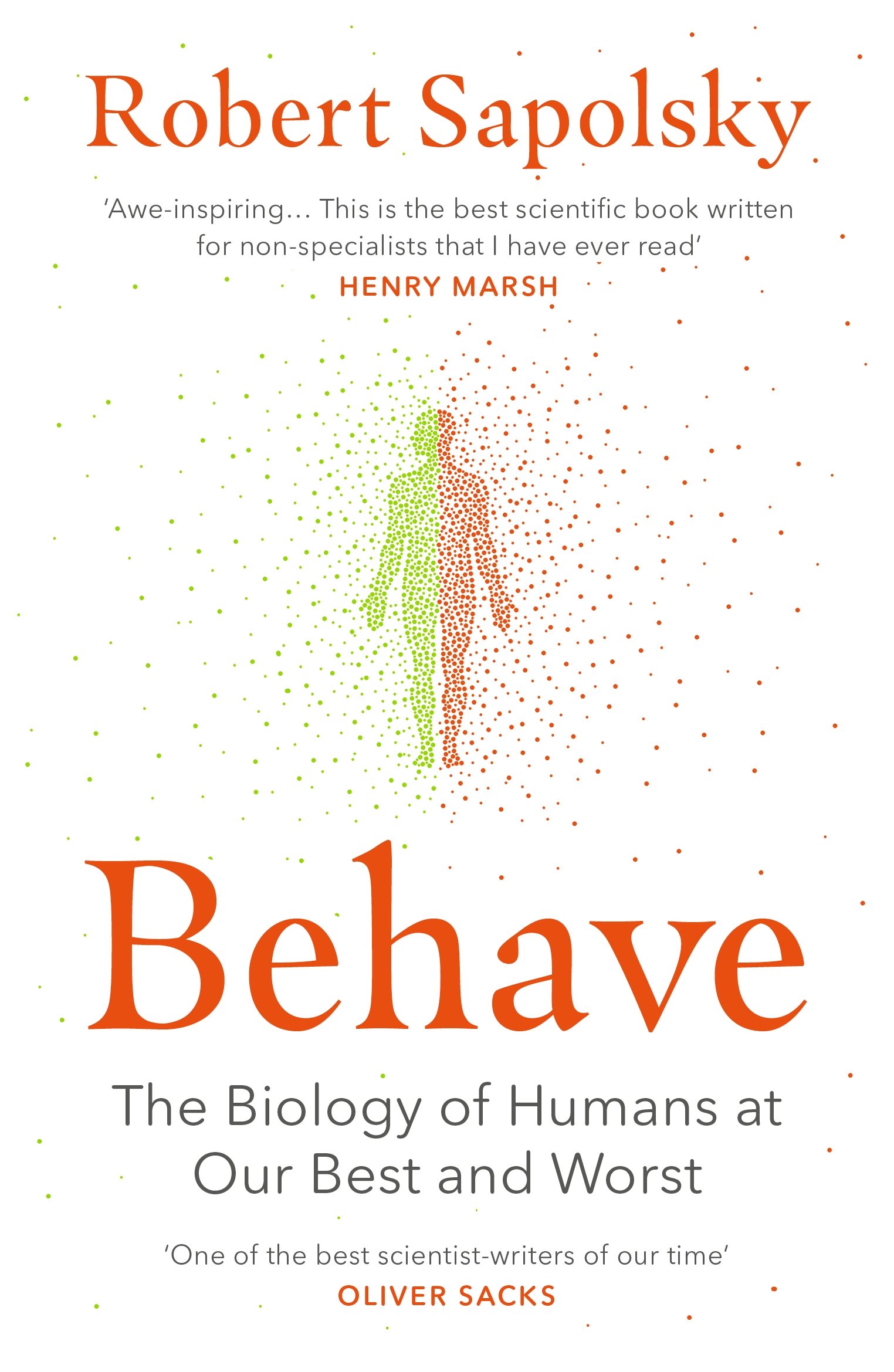
Categorii: Neclasificat
Limba: Engleza
Data publicării: 2018
Editura: Vintage
Tip copertă: Paperback
Nr Pag: 800
ISBN: 9780099575061
Dimensiuni: l: 13cm | H: 20cm | 1.4cm | 159g

It is one of the most complex books I read in my life. And one of the most rewarding for understanding moral systems and their biological roots. I remember pausing often to be able to make sense and integrate the richness of data, interpretations and corelations. Being a professor of biology, neurology and neurosurgery at Stanford University, Sapolsky’s approach is both highly scientific and easily understandable, yet the information is dense and the examples cover an impressive spectrum of behaviours.
When in contact with a certain behaviour, we seldom judge it by itself and more often we judge it based on who did it and whether the person belongs to our group, a friendly group or an enemy group. Then we react accordingly. This is if we do not already subscribe to the view of Abba Eban, an Israeli diplomat and politician: “History teaches us that men and nations behave wisely only after they have exhausted all other options.”
Sapolsky believes that biology makes history different for different people.
Cosmin Alexandru
Co-founder Teamology Institute